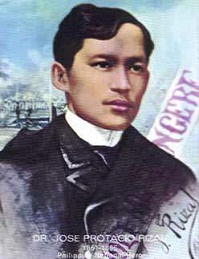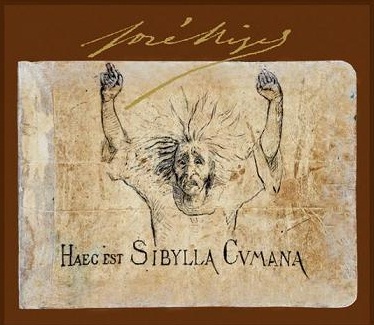
If Rizal were alive today, it is not farfetched that he would be in media.
I would imagine him writing stinging commentaries on the corrupt politicians and self-righteous civil society leaders the way he took on the hypocritical friars and cocky and incompetent Spanish colonial officers in his Noli Me Tangere and El Filibusterismo.
I would imagine him an advocate of protecting our environment. As noted by an environmental organization EcoWaste Coalition, during his exile in Dapitan, Rizal did various projects such as the construction of an aqueduct that provided people with clean water, draining of swamps to avoid being breeding places of mosquitoes, use of coconut oil lamps to light up streets, beautification of the town plaza, and planting of trees in different parts of the town.
I would imagine him also writing about our state of education because the importance he puts in education was best expressed in his support for the women of Malolos who defied the wrath of Malolos parish priest Fr. Felipe Garcia, who forbade them to attend night school to study Spanish.
